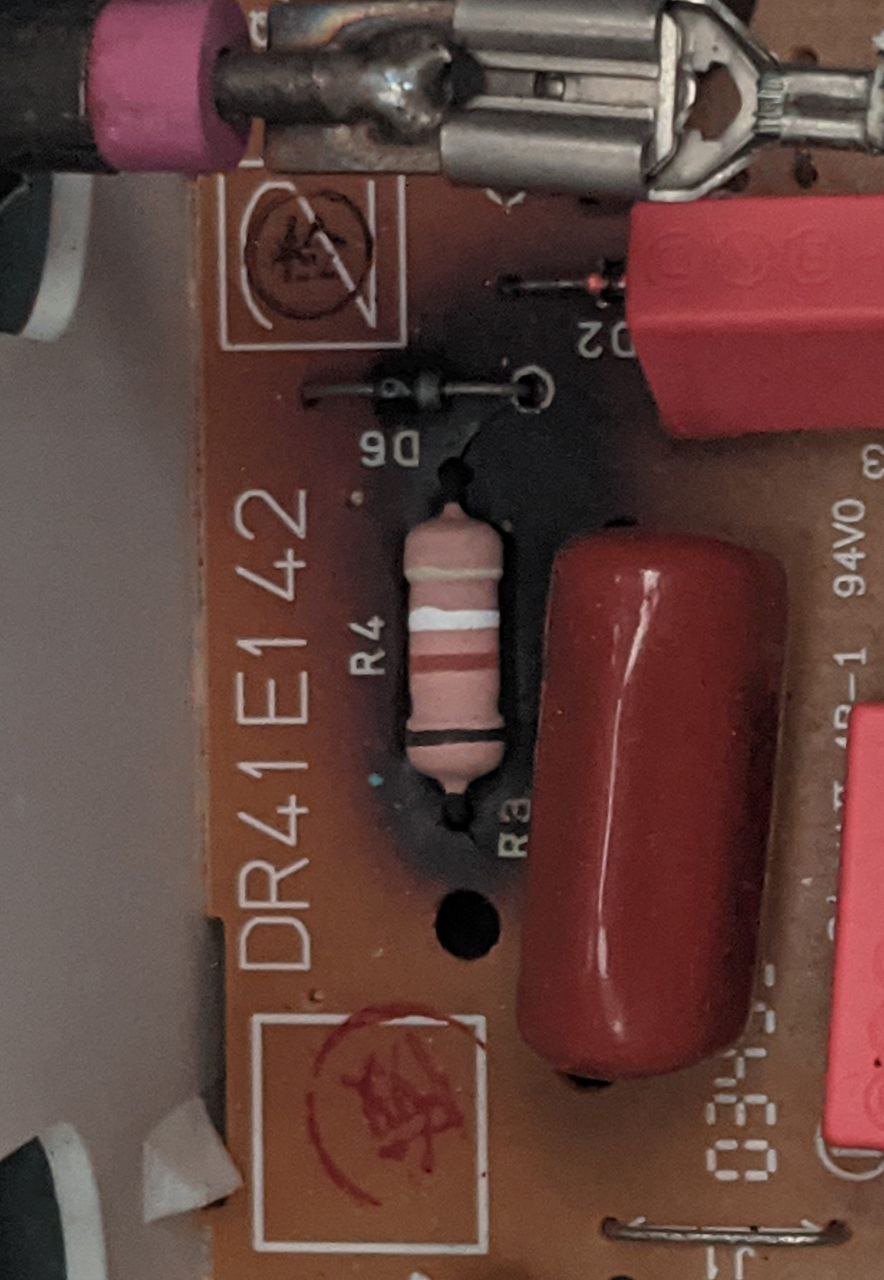this post was submitted on 04 Jul 2023
27 points (100.0% liked)
Ask Electronics
3316 readers
3 users here now
For questions about component-level electronic circuits, tools and equipment.
Rules
1: Be nice.
2: Be on-topic (eg: Electronic, not electrical).
3: No commercial stuff, buying, selling or valuations.
4: Be safe.
founded 1 year ago
MODERATORS
you are viewing a single comment's thread
view the rest of the comments
view the rest of the comments

Those things are indeed more common!
However, if the circuit was in an abnormal state (e.g. the contact with the case), then a resistor could very well blow. It would not be surprising if it took some other components down with it, and that this damage is not obvious yet. "The transistor blows to protect the fuse" is a common fail-state, facetiously stated.
Another possibility is just... bad design. You could call me adequate at circuit design (I mostly design prototypes, not finished systems that have to last thousands of hours), but regularly see commercial products designed poorly with some stupid point of failure. For example, using a 1 watt resistor that is dissipating close to 1 watt, instead of designing a more efficient system that doesn't require dissipating heat at all.
I spend a lot of time answering questions for people just getting started. Probably 75% of them boil down to a few things. Here is that list in case amusing / useful:
Most of the rest is refusing to do other people's homework, help people build weapons, or do unwise things with mains power / high voltage / centrifuges. Occasionally people ask me really interesting questions though, so I don't mind that the interactions are a bit scripted the rest of the time! I've noticed on Lemmy I've gotten much more interesting questions so far!